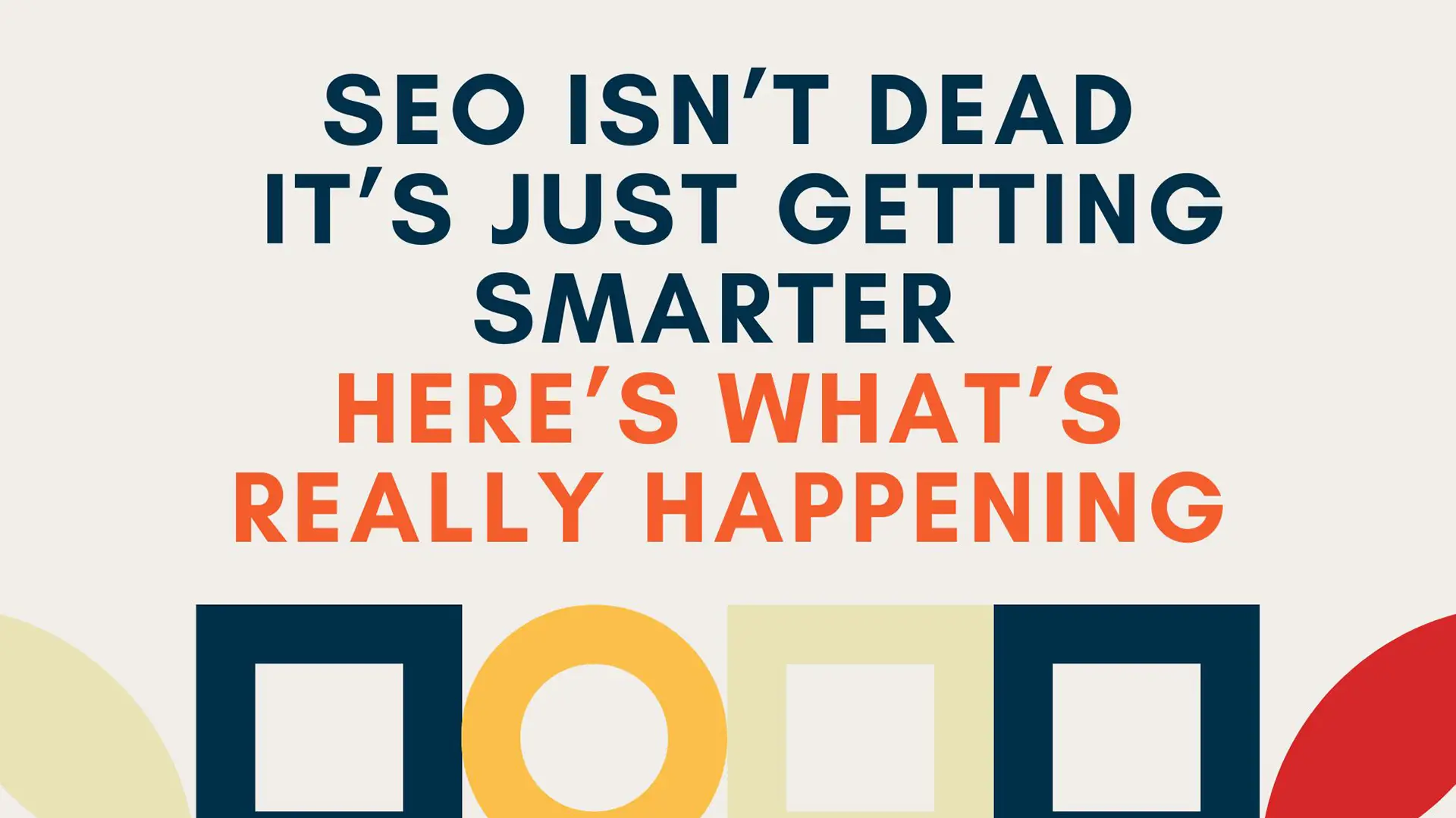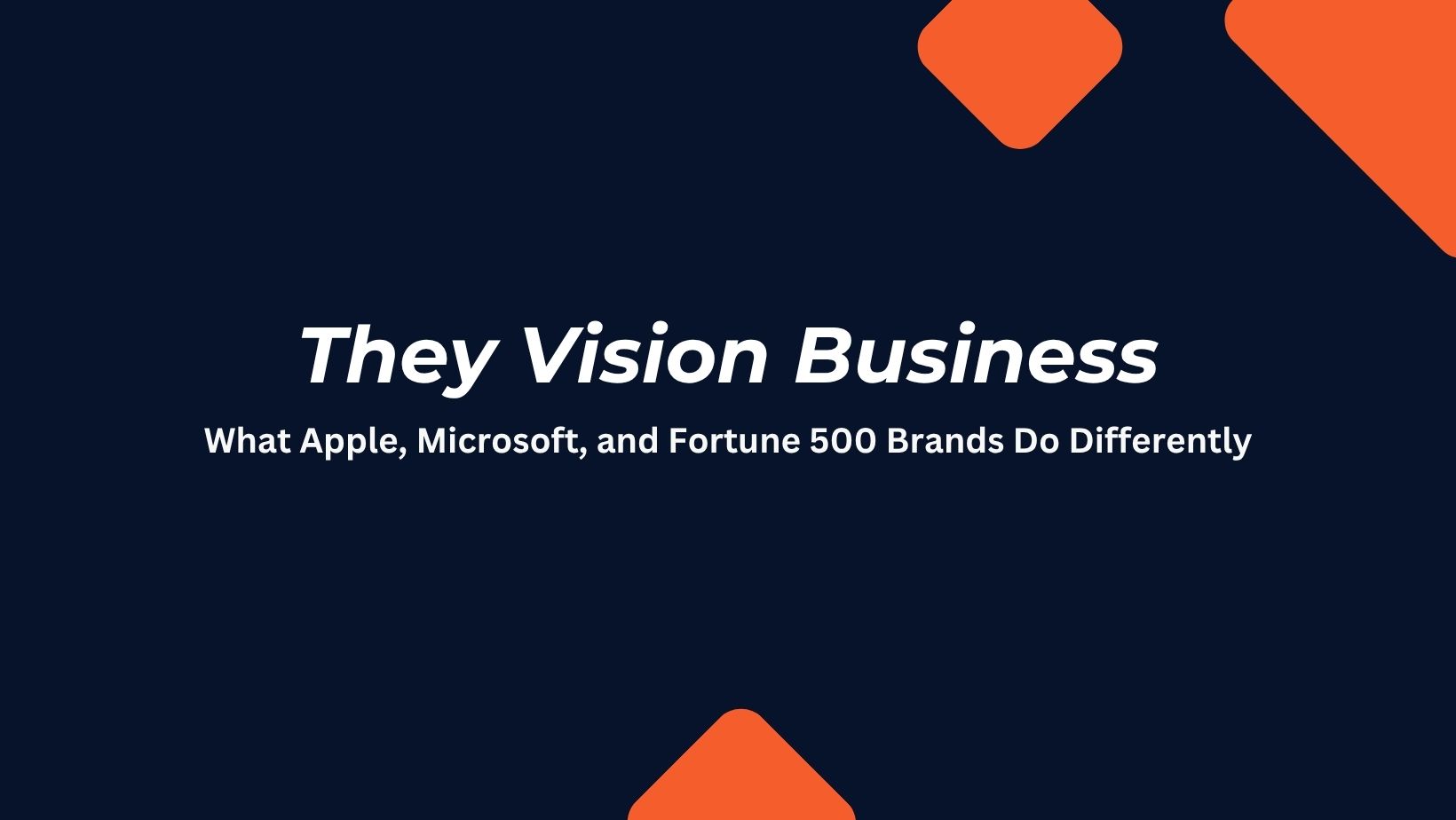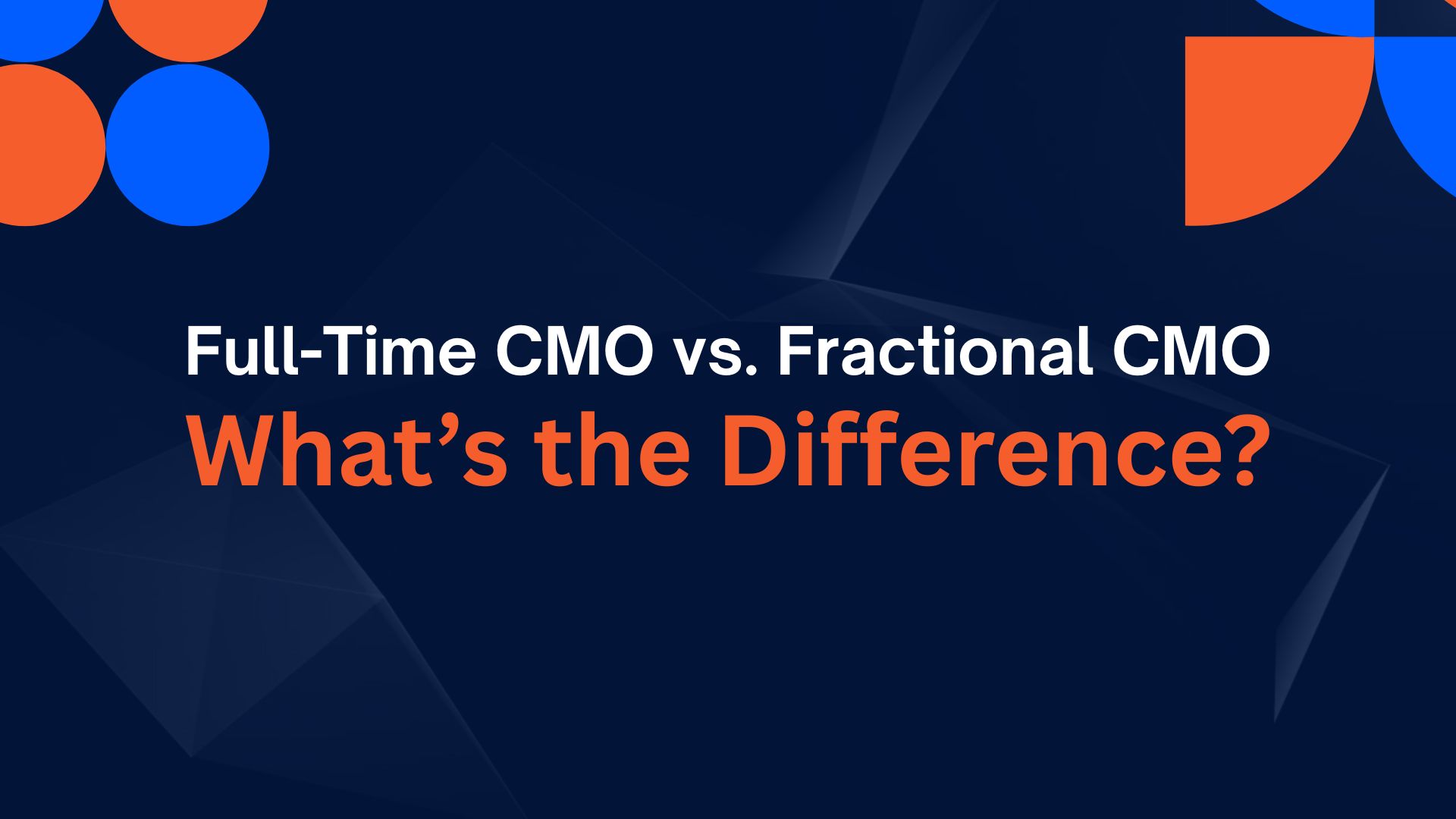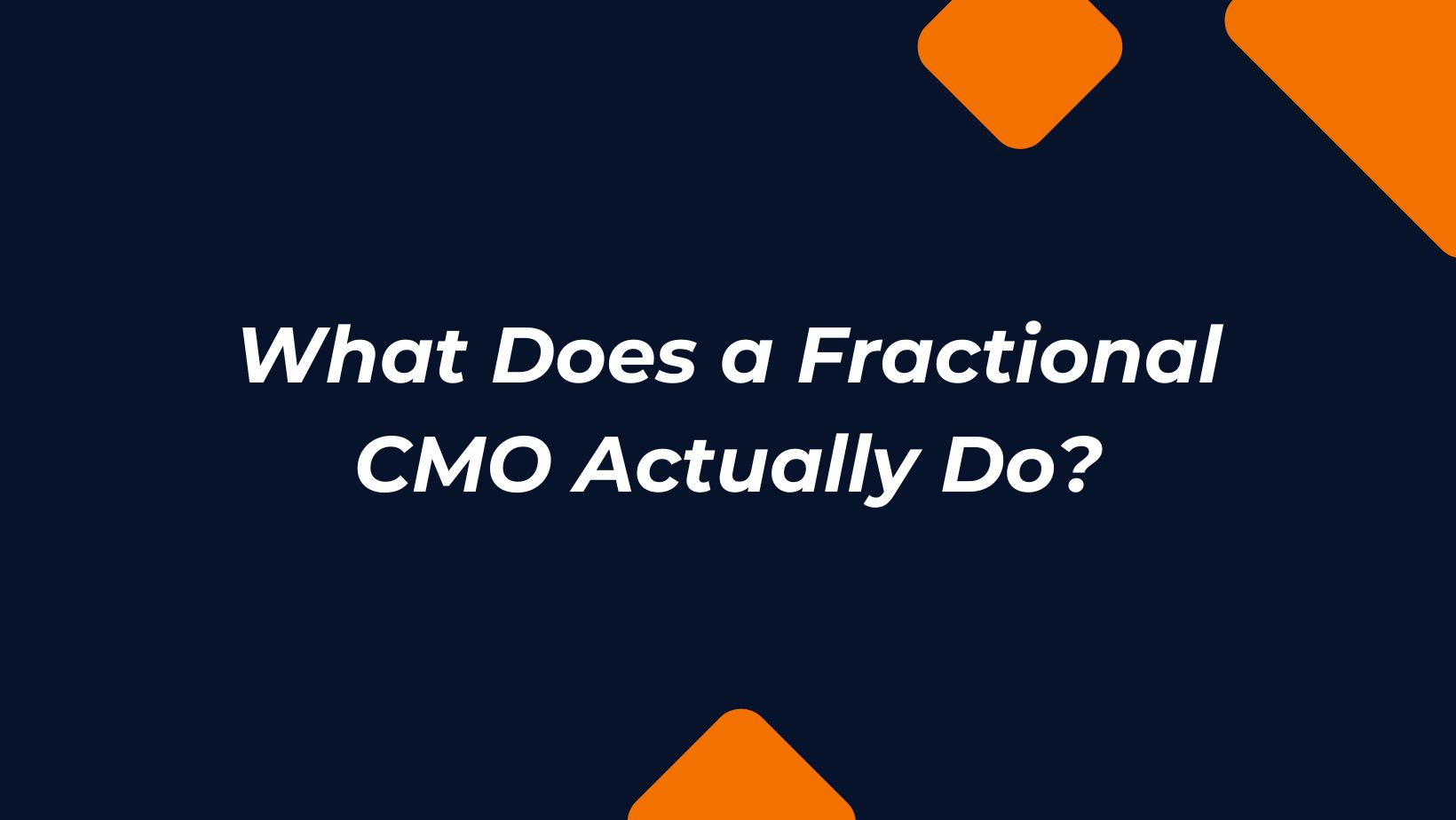SEO has always been a dynamic field, with the landscape shifting regularly as search engines evolve and user behaviors change. Having worked in SEO for two decades, I can tell you that every time a significant shift occurs, there’s a moment of panic, followed by a buzzword that promises to be the next big thing. We’ve seen it all—”content marketing,” “semantic search,” and “mobile-first indexing,” just to name a few. Now, the buzzword of the hour is AIO—AI Optimized Content.
But here’s the truth: SEO isn’t dead. It’s just changing, once again.
The SEO Landscape: AI and the Decline of Clicks
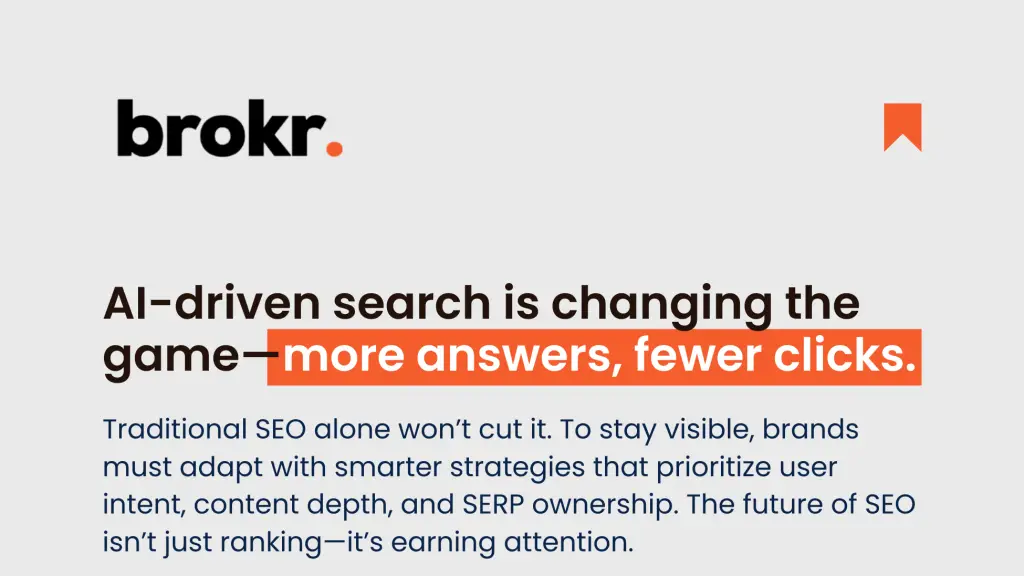
We’ve all seen the rise of AI tools like ChatGPT, Perplexity, and Google’s Search Generative Experience (SGE), which are beginning to dominate how users discover information. This shift has fundamentally altered the way people interact with search engines. Users no longer have to click through to get answers—they’re getting them directly in the SERPs. That sounds alarming, right? After all, fewer clicks mean less traffic. But this isn’t the death of SEO—it’s just the next evolution.
In fact, we’ve been here before. SEO has survived disruption after disruption: the launch of Google’s PageRank, the chaos of Panda and Penguin, the shift to mobile-first indexing. Each time, the landscape changed. Each time, the winners were those who adapted. AI is just the latest chapter—and yes, it’s rewriting the rules again.
But let’s ground this in real data:
- Over 58% of Google searches now end without a single click.
— Semrush, 2024 - On mobile, organic CTR has fallen to just 19.4%, and even on desktop, it’s only 32.5%.
— SparkToro / SimilarWeb, 2023 - Zero-click searches are now the majority. In the U.S., nearly 65% of all Google searches result in no website visit at all.
— Rand Fishkin, SparkToro, 2023 - Still, the top organic position maintains an average CTR of 39.6%, with second and third positions pulling 18.7% and 10.2%, respectively.
— Keystar Agency, 2025 - Google’s new SGE interface reduces traditional organic results visibility by up to 75% above the fold.
— BrightEdge, 2024
So yes, user behavior is changing. But just like with the rise of featured snippets and knowledge panels, which sparked the same fear years ago, the key isn’t to panic—it’s to pivot. Because the reality is, there are still massive opportunities for visibility, influence, and authority if you know where to look and how to adapt.
Why Content Still Rules in an AI-Driven World
The concept that “content is king” isn’t going anywhere. Even though AI is changing how people interact with search engines, content is still the driving force behind visibility and authority. What’s different now is how that content is consumed and discovered. To succeed in this new SEO environment, content creators and marketers must rethink how they create, structure, and distribute their material.
AI is designed to digest and serve content in specific formats, and the more structured your content is, the more likely it is to be favored. Headers, bullet points, and well-organized paragraphs are key. AI tools prefer content that’s easy to understand and navigate, which makes user-friendly structure even more crucial.
However, structure alone isn’t enough. You need original, insightful content—something AI can’t easily replicate. Exclusive data, case studies, and frameworks provide value that’s beyond what AI can pull from other sources. For example, if you create a unique marketing model or strategy, you might even get your term referenced by AI tools. We’ve seen this happen with the rise of AIO (AI Optimized Content), which was born from industry experts identifying the value in AI-optimized strategies.
By the numbers
- Content still drives traffic: According to HubSpot, 70% of marketers are actively investing in content marketing, and content marketing generates three times more leads than traditional outbound methods (e.g., direct mail and paid search). This shows that content remains a fundamental pillar of digital marketing, even in the AI era.
- AI prioritizes structured content: Research from Backlinko found that Google’s AI algorithms (especially with BERT and MUM) increasingly favor content that’s structured with clear headers, bullet points, and concise paragraphs. Websites with well-structured content are 3-4 times more likely to rank in featured snippets, which is critical in a world driven by AI search engines.
- AI and original insights: A survey by Content Marketing Institute revealed that 61% of marketers prioritize original, insightful content over general information. This aligns with the idea that AI tools favor unique, data-driven content—highlighting that AI is more likely to reference content with exclusive research or case studies, rather than simply regurgitating generalized material.
- The rise of AIO: According to Moz, the introduction of AI-optimized content (AIO) is reshaping how digital content is consumed and ranked. Websites that leverage AIO strategies—such as optimizing for structured, digestible content—are seeing a 20%+ increase in click-through rates in AI-driven search results.
- AI-generated answers impact CTR: A BrightEdge report found that 50% of all search queries now lead to zero-click results—an indication that AI is reshaping how search results are presented. However, well-optimized content that is referenced by AI tools can still significantly drive visibility and authority.
Establishing Topical Authority Through Exclusive Insights
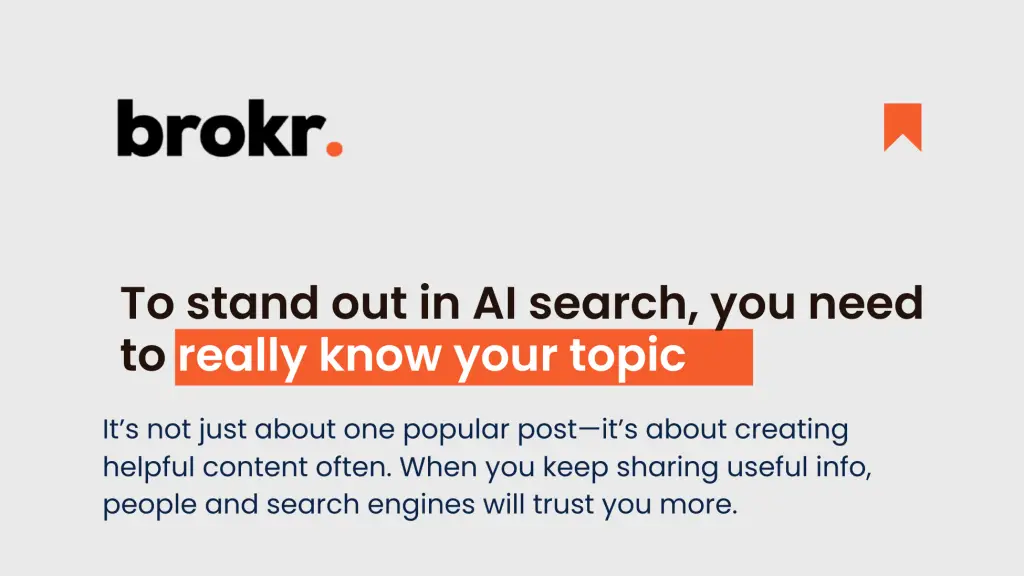
While some traditional SEO methods are starting to lose their effectiveness, topical authority has risen to the top as one of the most reliable ways to drive results in the AIO era. AI tools and search engines alike are prioritizing content creators who demonstrate consistent depth, relevance, and expertise across a subject area. It’s no longer enough to publish one standout article—you need a library of high-quality, interconnected content that signals you know your niche better than anyone else. When you build that kind of authority, AI begins to favor your content in zero-click answers, featured citations, and AI-powered summaries. In a landscape where ranking isn’t just about keywords and backlinks, topical authority is becoming the new backbone of performance SEO.
Original Research and Exclusive Insights: Your Competitive Edge
One of the best ways to ensure your content gets cited by AI is through the use of original research. AI tools scour the web for information, but if you’re the first to present fresh insights or statistics, your content becomes a reference point. Think about the potential impact of being the first to publish a new marketing study or data analysis—it could put your content front and center, not just for AI tools, but for the users relying on them for answers.
AI loves data, and it craves new, credible information. If you’re producing research that no one else has, you have the power to shape the content landscape. This level of authority can give you an edge, ensuring your content is referenced in AI-powered results, thereby extending its reach.
The Human Factor: Why Personal Stories and Real Experiences Still Matter
Despite AI’s rise, it can’t replicate the human touch. Stories, personal experiences, and deeply niche insights are areas where human content creators still reign supreme. AI may be able to summarize facts or present statistical data, but it cannot share the real-world experiences or nuanced perspectives that make content relatable. This is a powerful opportunity for content creators: those who can share their personal journeys, lessons learned, and unique viewpoints will stand out in a sea of machine-generated responses.
It’s not just about the data—it’s about how you tell the story and the authenticity you bring to your content. In a world increasingly dominated by AI, your ability to connect with your audience on a human level is a strategic advantage.
Diversify Your Content Strategy: SEO Is About Visibility, Not Just Ranking
In the AI-driven era, SEO isn’t just about ranking anymore. It’s about ensuring that your content is visible across multiple channels. To get your content seen, it’s essential to repurpose it into various formats—videos, podcasts, social media posts, and even infographics. When your content is everywhere, it increases the chances of being discovered and referenced, whether by search engines or AI tools.
When AI tools are retrieving answers from different channels, the content you’ve diversified across platforms is more likely to be referenced, strengthening your overall online presence. In the AI-driven world, content distribution is just as important as content creation.
Embrace the Change: SEO’s Future Is About Adaptation and Innovation
SEO is in constant flux, and rather than fearing these changes, we should embrace them as opportunities. Everytime a major update rolls out, most SEO’s panic and start ranting, when they should be getting ahead of the changes to make sure performance isn’t affected. If you’ve been in the SEO game long enough, you know that each shift brings with it a chance to innovate and grow. The rise of AI-powered search results is just another change in a long line of disruptions. As AI continues to evolve, so too must our strategies.
We’ve seen this before. When Google rolled out featured snippets and knowledge panels, the SEO world cried foul—claiming Google was stealing traffic by giving users answers directly in the SERP. And sure, clicks dropped for some. But for those who adapted, it was a massive opportunity. Suddenly, content that wasn’t even in the top 100 search results could show up in what became known as “Google Position Zero.” It rewrote the rules of visibility. Smart SEOs learned how to structure content to win those snippets, and in doing so, they didn’t just survive the change—they dominated it.
Adaptation is key to survival in SEO. If you’re not evolving with the landscape, you’re falling behind. So, get ahead of the changes—create content that’s structured for AI, offer unique insights and original research, and tell stories that resonate with your audience. SEO isn’t dying. It’s evolving, and the smart marketers will evolve with it.
Don’t fear the future—embrace it. The sky isn’t falling. It’s simply a new opportunity to innovate and grow in a world where AI and SEO coexist

